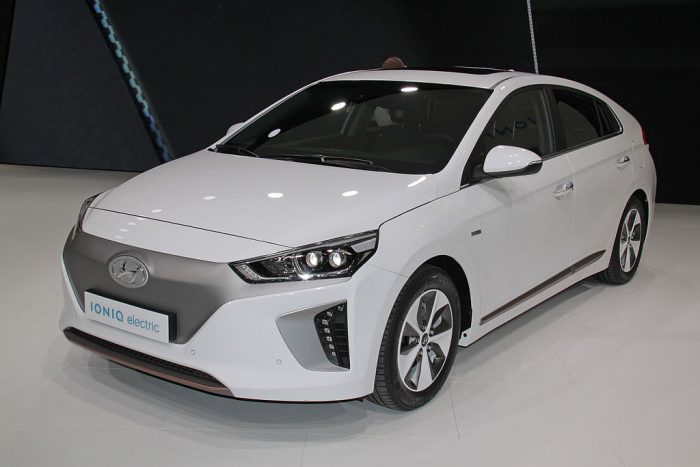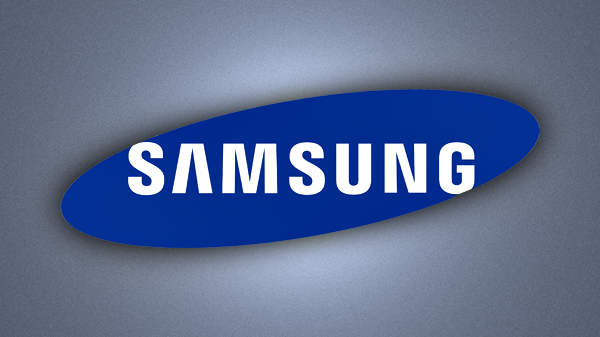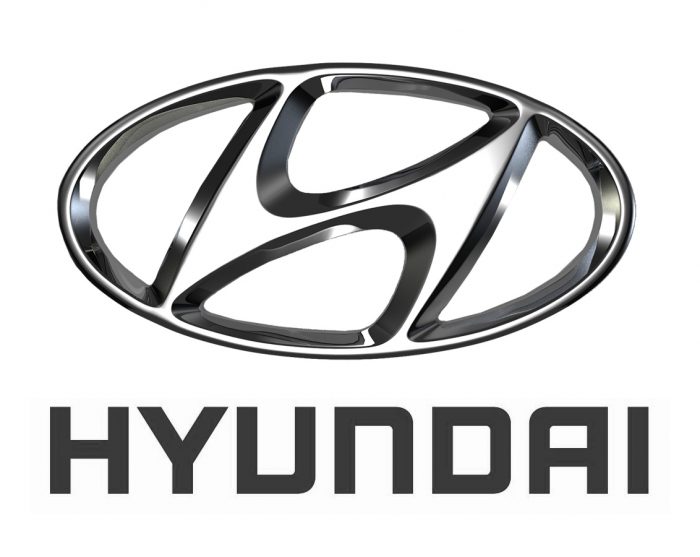Now Reading: As Hyundai struggles, its labor union indicates signs of softening
-
01
As Hyundai struggles, its labor union indicates signs of softening
As Hyundai struggles, its labor union indicates signs of softening

When employees at South Korea’s Hyundai Motor went on strike during 2017, the stoppage lasted 24 days, triggered months of negotiations and netted them their smallest raise in almost a decade.
This week, after just two days on strike, their significant union agreed to a deal prior the summer holidays, the first time in eight years such has happened.
The agreement gives employees a smaller raise than 2017’s $14,000 in bonuses and wage boosts, union officials stated, refusing to provide details. It had sought a 5.3 percent boost in wages, a request it decreased to 2.1 percent; inflation in South Korea is about 1.9 percent.
Those relatively low gains, and the speed to which they were agreed, are indications that the union may be softening its stance in middle of growing criticism, falling profits, the near bankruptcy of GM Korea and possible U.S. tariffs.
Union members endorsed the deal late Thursday, right before the automaker addressed its second-worst quarterly net profit since 2012.
“We’re fed up with strikes and feeling a crisis too,” a Hyundai employee in its sprawling Ulsan factory complex, the world’s biggest automaking facility, informed Reuters, mentioning GM Korea’s recent wage deal and trade disputes with the US.
This year, General Motors’ South Korean unit closed one of its four plants, cut jobs and agreed with its union to freeze wages, skip bonuses and cut benefits to stem increasing losses.
Stay Informed With the Latest & Most Important News
Previous Post
Next Post
-
 01Polestar Boss Says It’s Time To Outrun BMW M And Mercedes-AMG
01Polestar Boss Says It’s Time To Outrun BMW M And Mercedes-AMG -
 02Spy Shots: 2027 Mitsubishi Pajero Spotted in Testing Ahead of Possible U.S. Return
02Spy Shots: 2027 Mitsubishi Pajero Spotted in Testing Ahead of Possible U.S. Return -
 032026 Toyota Hilux EV: A Powerful Truck with Silent Torque
032026 Toyota Hilux EV: A Powerful Truck with Silent Torque -
 04Spy Photos: VW ID. Polo GTI Goes Electric with 223 HP and 280 Miles of Range
04Spy Photos: VW ID. Polo GTI Goes Electric with 223 HP and 280 Miles of Range -
![2027 Mercedes-Benz S-Class Debuts with V8 Engine [Photo Gallery]](https://speedlux.com/wp-content/uploads/2026/01/2027-Mercedes-Benz-S-Class-33-155x125.jpg) 052027 Mercedes-Benz S-Class Debuts with V8 Engine [Photo Gallery]
052027 Mercedes-Benz S-Class Debuts with V8 Engine [Photo Gallery] -
 06The Controversial Ford Voodoo V8 That Was Killed Off Too Early
06The Controversial Ford Voodoo V8 That Was Killed Off Too Early -
 07Hyundai Palisade’s Breakout Year Shows How Quickly the Market Can Turn
07Hyundai Palisade’s Breakout Year Shows How Quickly the Market Can Turn


![2027 Mercedes-Benz S-Class Debuts with V8 Engine [Photo Gallery]](https://speedlux.com/wp-content/uploads/2026/01/2027-Mercedes-Benz-S-Class-33-700x394.jpg)












































